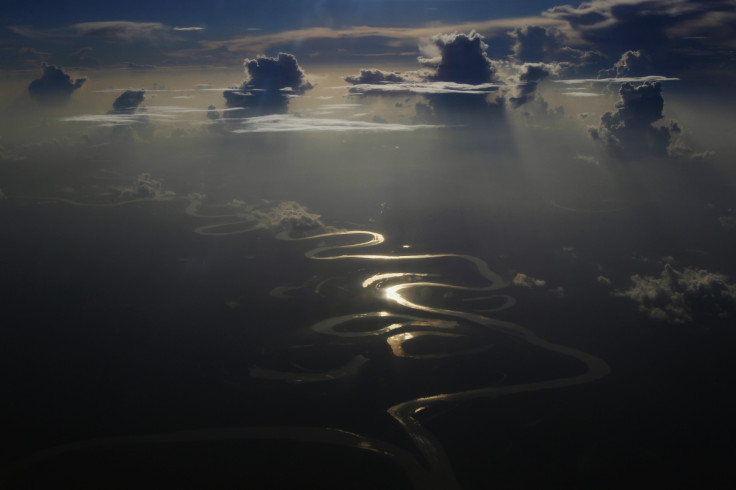Scientists astonished by huge coral reef found in the Amazon

An enormous coral reef system covering around 3,600 square miles has baffled the scientists who found it beneath the muddy waters just outside the mouth of the river Amazon. The reef stretches for 600 miles through coastal waters from near French Guiana to Maranhão in Brazil, between 30m- 120m under the surface.
The scientists who discovered it – in an area where it shouldn't have been able to develop – say it breaks "all the paradigms of reef science", and leaves oceanographers forced to reassess previous beliefs on the way such ecosystems form.
"I was flabbergasted, as were the rest of the 30 oceanographers. Traditionally, our understanding of reefs has focused on tropical shallow coral reefs which harbour biodiversity that rivals tropical rainforests," Prof Patricia Yager, who wrote the first report on the reef, told The Atlantic.
Hidden reefs
Prof Yager, who teaches oceanography and climate change at the University of Georgia, said the reef is already in serious danger from oil prospectors. The Brazilian government has signed off on oil exploration in parts of the mouth of the Amazon, while other sections are already being drilled.
"These [exploration] blocks will soon be producing oil in close proximity to the reefs, but the environmental baseline compiled by the companies and the Brazilian government is… largely based on sparse museum specimens. Such large-scale industrial activities present a major environmental challenge," warned scientists.
The existence of the reef had never previously been suspected because the outflow of fresh water as world's great rivers meet the ocean tends to leave wide swaths which do not allow the growth of corals. Reefs tend to thrive in clear, sunlit, salty water, and the Amazon delta is considered one of the cloudiest bodies of water in the world, as it collects sediment washed down the thousands of miles of the river's course as it crosses the South American continent.
The reef has managed to survive because it is below the freshwater outflow where the river hits the ocean, researchers say. It does not have the biodiversity of some of the more prominent coral reefs of the world, but more than hundreds of species were found living there, including 73 fish, as well as lobsters, stars and sponges.
© Copyright IBTimes 2025. All rights reserved.






















